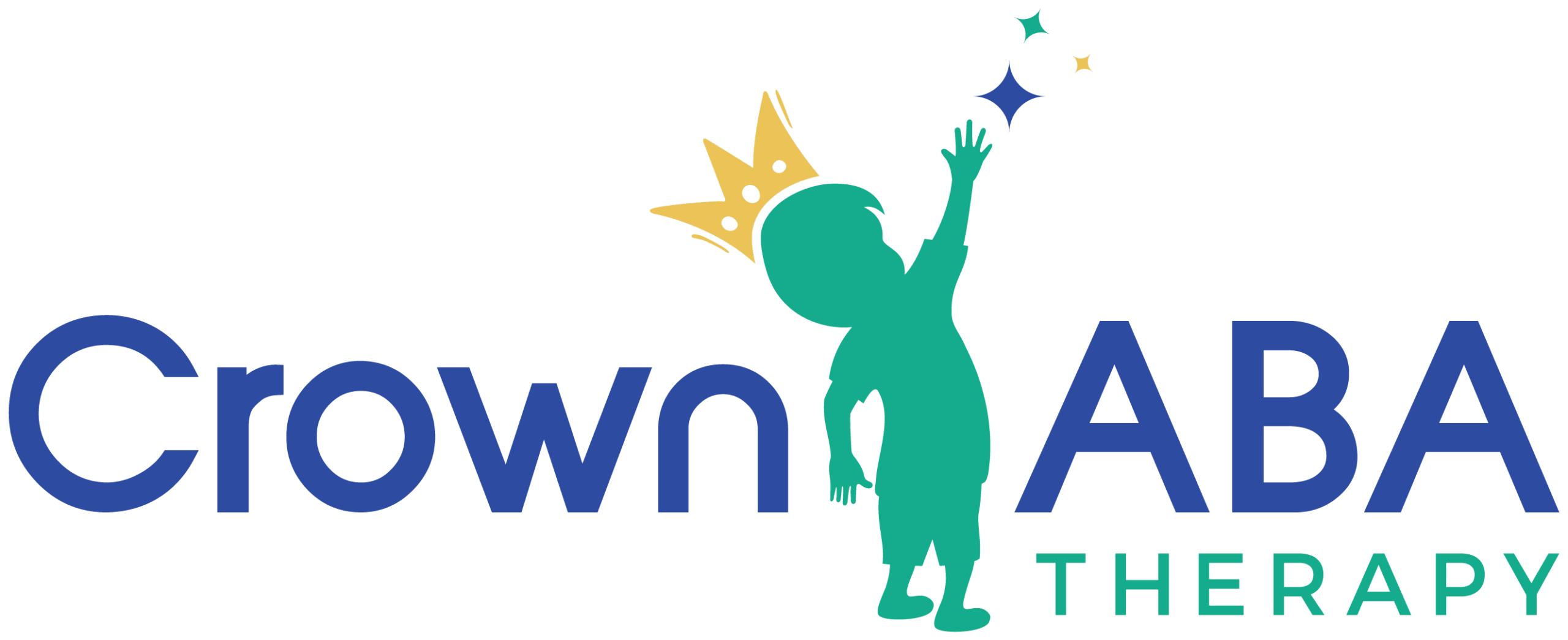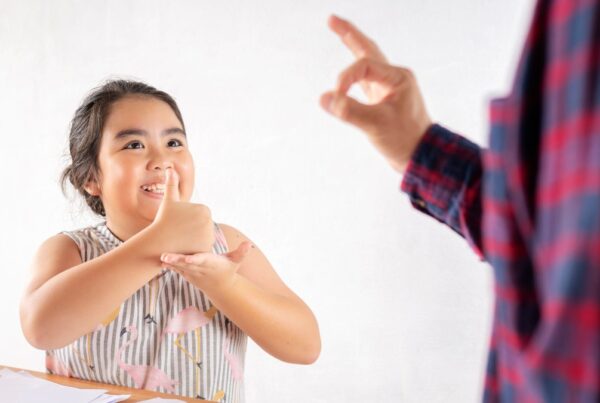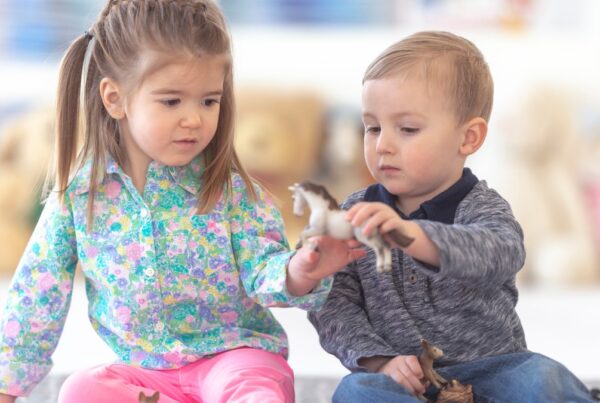Key Points:
- Autism is a spectrum disorder, and social challenges are a core characteristic, but their severity varies.
- Some autistic individuals may have strong social skills while struggling with other autism-related traits.
- ABA therapy helps develop communication, emotional regulation, and adaptive behaviors for those with autism.
You may know someone who is autistic but doesn’t seem to struggle socially. Does that mean they don’t have autism? Not necessarily. Autism affects everyone differently. Some people develop strong social skills but still face challenges with sensory processing, routines, or emotional regulation. Autism is more than just social difficulties.
Can You Have Autism Without Social Issues?
No, social challenges are a core part of autism. However, these difficulties vary from person to person. Some autistic individuals may develop strong communication skills but still struggle with social nuance, nonverbal cues, or deeper relationships. Others may experience social difficulties in subtle ways that aren’t immediately noticeable.
What are the Core Symptoms of Autism?
Autism presents differently in every individual, but it is primarily characterized by challenges in two major areas:
1. Social Communication and Interaction
Even if someone with autism appears socially capable, they may still face challenges in deeper social understanding. This includes:
- Difficulty interpreting social cues – Understanding facial expressions, tone of voice, and body language can be hard.
- Challenges with back-and-forth conversation – Some individuals may dominate conversations or struggle with small talk.
- Limited understanding of social norms – Unwritten rules, such as knowing when to speak or how to greet someone, may be unclear.
- Struggles with emotional reciprocity – They may not instinctively know how to comfort a friend or respond to emotions.
2. Restricted and Repetitive Behaviors
Even if social skills seem intact, autism often includes other characteristics such as:
- Strong routines and resistance to change – Sudden schedule changes can cause distress.
- Deep, intense interests – Some individuals focus heavily on specific topics.
- Sensory sensitivities – Over- or under-sensitivity to lights, sounds, or textures is common.
- Repetitive movements – Hand-flapping, rocking, or repeating phrases may occur.
Can Someone With Autism Be Socially Skilled?
Yes, some autistic individuals develop strong social skills, but they may still experience challenges in certain areas. These individuals may:
- Learn social norms through practice – Some may consciously study and mimic social behaviors.
- Mask their autism – They may suppress autistic traits to fit in, which can be mentally exhausting.
- Struggle with deeper connections – While they can hold conversations, forming close relationships might be difficult.
Social difficulties do not always mean an individual is completely withdrawn or avoids interaction. Instead, the challenges might be subtle, such as difficulty maintaining friendships or understanding sarcasm—exploring a helpful resource like our Social Skills Checklist for Autism: Tips & Strategies can offer insight into these nuanced behaviors and ways to support them.
Why Do Some Autistic Individuals Appear Socially Typical
Several factors can influence how social skills present in autism:
1. Early Intervention and Therapy
Children who receive early support, such as speech or social skills therapy, may develop more natural interaction abilities over time.
2. Masking or Camouflaging
Some individuals learn to hide their autistic traits by imitating others. While this can help in social settings, it often leads to stress and exhaustion.
3. Personality Differences
Some autistic individuals are naturally more outgoing or interested in socializing, even if they struggle with certain aspects of communication.
4. Special Interests That Involve Socializing
If a person’s special interest involves social elements, such as theater or gaming, they may develop stronger communication skills in those contexts.
How Can Parents Support Social Development in Autism
Even if a child seems socially capable, there may still be areas where support is needed. Parents can help in several ways:
1. Encourage Social Practice in a Comfortable Setting
Practicing interactions in familiar environments can build confidence. Try:
- Role-playing conversations and greetings.
- Practicing turn-taking in games.
- Encouraging participation in structured activities, like clubs or group projects.
2. Teach Nonverbal Communication Skills
Helping a child recognize facial expressions and tone of voice can improve interactions. Strategies include:
- Using picture cards to identify emotions.
- Watching TV shows or movies and discussing the characters’ feelings.
- Practicing eye contact in a comfortable way (e.g., looking at the forehead instead of direct eye contact).
3. Support Emotional Regulation
Social success is tied to emotional self-control. Help your child manage emotions by:
- Teaching coping techniques like deep breathing or sensory breaks.
- Using visual aids to express feelings.
- Modeling appropriate reactions to frustration or excitement.
4. Provide Clear Social Rules and Expectations
Some autistic children thrive with clear instructions on social behavior. You can:
- Explain social norms explicitly (e.g., “When someone says hello, you can say hello back”).
- Use social stories to illustrate interactions.
- Reinforce positive social behaviors with praise or small rewards.
5. Consider Professional Support, Such as ABA Therapy
Applied Behavior Analysis (ABA) therapy can help autistic individuals strengthen their social and communication skills through structured interventions tailored to their needs.
Supporting Social Growth with ABA Therapy
Social challenges in autism exist on a spectrum, and while some individuals appear socially capable, they may still experience difficulties with deeper connections or unspoken social rules. Addressing these challenges early can lead to more confident interactions and stronger relationships.
At Crown ABA, we specialize in helping autistic individuals develop essential skills, including communication, emotional regulation, and adaptive behaviors. Our ABA therapy programs in Maryland are designed to provide personalized support, guiding children through social interactions in a way that feels natural and comfortable.
If you’re in Maryland and looking for expert ABA therapy services, Crown ABA is here to help. Contact us today to learn more about how we can support your child’s growth and social development.





